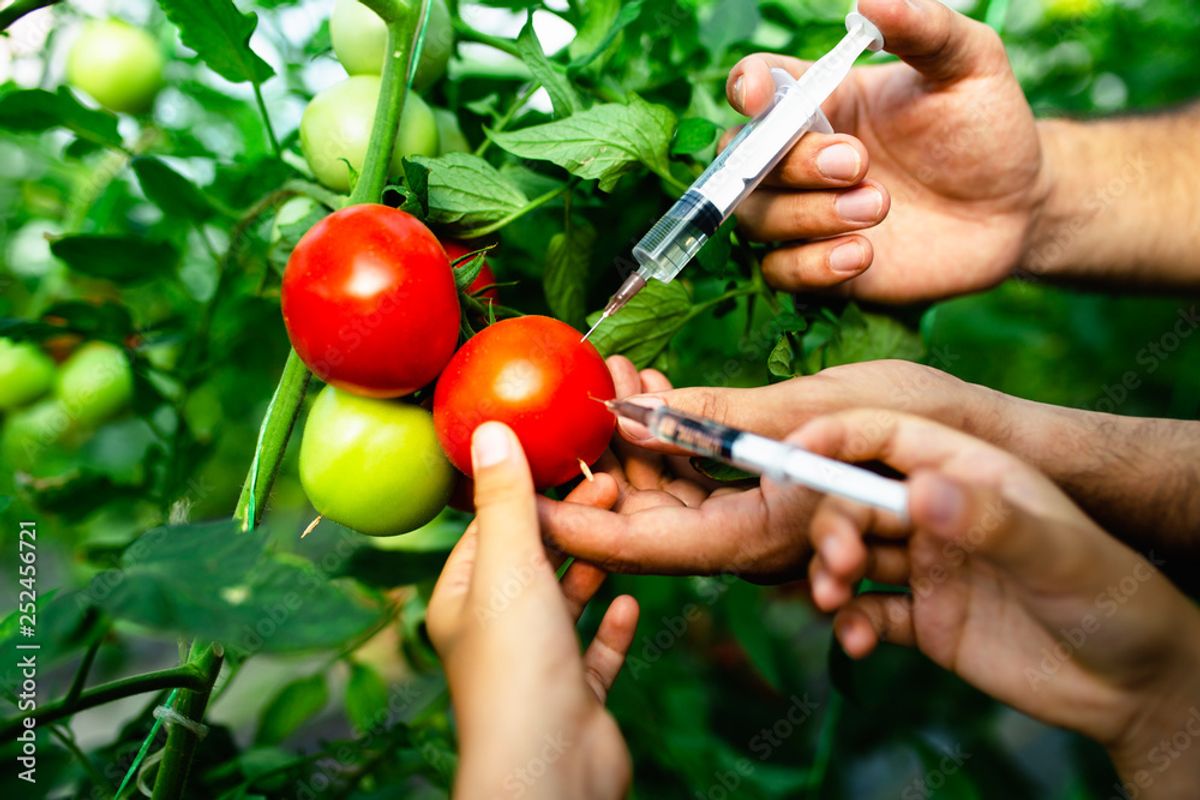
水果和蔬菜:
a. 杀虫剂: 为了保护庄稼免受昆虫侵害,在传统农业中广泛使用杀虫剂。这些化学物质虽然有效地消灭害虫,但可能在水果和蔬菜上留下残留物,进入我们的消化系统。
b. 除草剂: 杂草与庄稼争夺养分可能会损害庄稼产量。使用除草剂来控制杂草生长,但它们的残留物可能残留在农产品上,使消费者暴露于潜在的健康风险。
c. 化学肥料: 为了提高庄稼产量,使用化学肥料为植物提供必需的营养。然而,过度使用这些肥料可能导致土壤和水源的污染,对人类健康产生潜在不良影响。
蘑菇:
a. 激素: 在蘑菇培育中,有时会使用激素来刺激生长和增加产量。蘑菇中存在的这些激素引发对其对人体激素平衡的影响的担忧。
传统中草药:
a. 硫磺: 传统中草药通常会用二氧化硫进行处理,以防止腐烂和腐败。尽管硫磺在小量下通常被认为是安全的,但过量摄入可能引发不良反应,尤其是对于硫磺过敏的人而言。
肉类:
a. 抗生素: 给家畜使用抗生素以预防和治疗疾病是常见的。这些抗生素的残留物可能在肉制品中残留,可能对人类产生抗生素耐药性的影响。
b. 累积毒素: 工业化养殖系统中的动物可能会从环境、饲料或药物中积累毒素。定期食用来自这些来源的肉制品可能使个体暴露于一系列有害物质。
c. 激素: 为促进生长,在家畜养殖中会使用激素。肉里面存在的这些激素会在食用时影响人体激素平衡,打扰我们的荷尔蒙系统。
尽管食品包装上可见的添加剂可能引起关注,但我们日常餐食中看不见的威胁同样重要。为了做出明智的选择,消费者必须了解与杀虫剂、化学肥料、激素、抗生素、硫磺和漂白剂相关的潜在危险。选择有机和负责任的食品,了解食物的来源,并倡导可持续的农业实践,可以为所有人提供更健康、更安全的食品供应。
In our modern food production systems, the pursuit of convenience and abundance has introduced various additives, pesticides, and chemicals to enhance yield and preserve freshness. While visible food additives often raise concerns, it's the unseen culprits that merit attention. From fruits and vegetables to meats and traditional Chinese herbs, our everyday meals may harbor hidden dangers such as pesticides, chemical fertilizers, hormones, antibiotics, sulfur, and bleach.
Fruits and Vegetables:
a. Pesticides: To protect crops from insect infestations, pesticides are widely used in conventional farming. These chemical agents, while effective at eliminating pests, may leave residues on fruits and vegetables that find their way into our digestive systems.
b. Herbicides: Weed competition for nutrients can harm crop yields. Herbicides are employed to control weed growth, but their residues can linger on produce, exposing consumers to potential health risks.
c. Chemical Fertilizers: In an effort to boost crop yields, chemical fertilizers are used to provide plants with essential nutrients. However, excessive use of these fertilizers can lead to soil and water contamination, with potential adverse effects on human health.
Mushrooms:
a. Hormones: In mushroom cultivation, hormones are sometimes used to stimulate growth and enhance production. The presence of these hormones in mushrooms raises concerns about their impact on human hormone balance when consumed.
Traditional Chinese Herbs:
a. Sulfur: Traditional Chinese herbs are often treated with sulfur dioxide to prevent spoilage and decay. While sulfur is generally recognized as safe in small amounts, excessive consumption may lead to adverse reactions, especially in individuals with sulfur sensitivities.
Meat:
a. Antibiotics: Livestock are often treated with antibiotics to prevent and manage diseases. Residues of these antibiotics can persist in meat products, potentially contributing to antibiotic resistance in humans.
b. Accumulated Toxins: Animals in industrial farming systems may accumulate toxins from their environment, feed, or medications. Regular consumption of meat from such sources could expose individuals to a range of harmful substances.
c. Hormones: Hormones are used in some livestock farming practices to promote growth. Residues of these hormones in meat products may impact human hormone balance when consumed.
While the visible additives on food packages may attract attention, the unseen threats in our everyday meals are equally significant. To make informed choices, consumers must be aware of the potential dangers associated with pesticides, chemical fertilizers, hormones, antibiotics, sulfur, and bleach. Choosing organic and responsibly sourced products, understanding the origin of our food, and advocating for sustainable farming practices can contribute to a healthier and safer food supply for all.




